Life In The Void: Asteroids As Possible Hosts Of Microorganisms
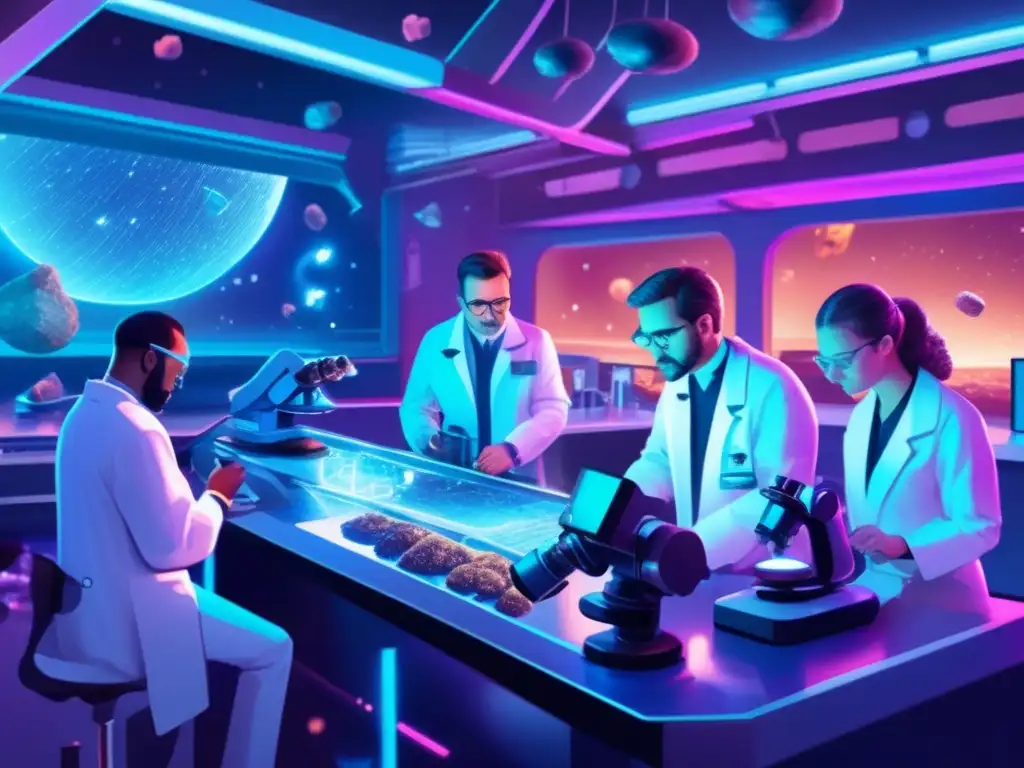
Introduction
Asteroids are fascinating celestial bodies that have been the subject of numerous scientific studies in recent years. These objects are believed to hold clues to the origins of the solar system and may even provide important resources for space exploration. However, there is another intriguing aspect to asteroids that scientists are currently investigating – their potential as hosts for extraterrestrial life.
There is a growing body of evidence that suggests that asteroids could be suitable environments for microbial life. The extreme conditions of space, such as radiation, vacuum, and cold temperatures, may not necessarily be fatal to microscopic organisms, which can adapt and thrive in these hostile conditions. In this article, we will explore the possibility of life on asteroids and what this could mean for our understanding of the universe.
The Search for Life in the Asteroid Belt
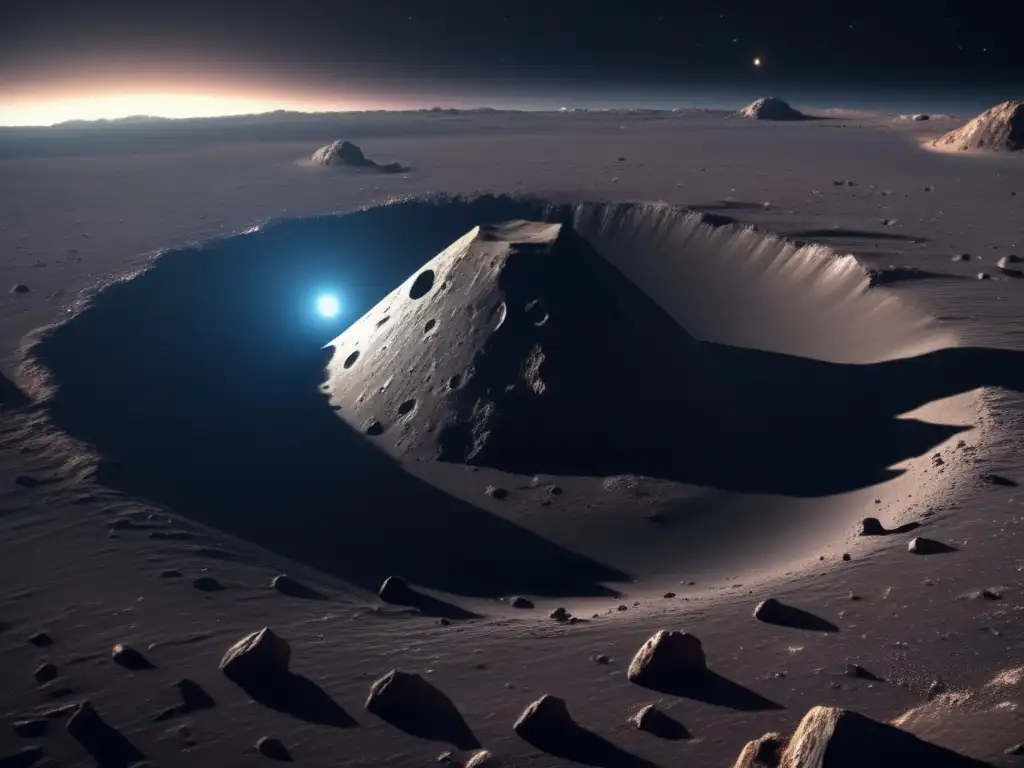
The Role of Asteroids in the Origins of Life
One of the most significant questions in astrobiology is how life on Earth began. One theory suggests that it could have originated from organic molecules carried to our planet on comets or asteroids. These celestial bodies are known to contain water and complex carbon-based compounds, which are essential components of life as we know it.
Scientists believe that asteroids that formed in the early solar system could have contained prebiotic materials that eventually gave rise to the first living organisms. By studying the composition of asteroids and the conditions in which they formed, researchers hope to gain valuable insights into the origins of life on Earth and beyond.
Asteroids as Habitats for Microbial Life
In recent years, scientists have discovered that microbes can survive in conditions that were previously thought to be uninhabitable. For example, extremophiles are organisms that thrive in environments with high temperatures, pressure, acidity, or radiation. These microorganisms have been found in volcanic vents, deep-sea trenches, and even in the frozen wastelands of Antarctica.
Given the resilience of these organisms, it is not inconceivable that they could survive in space. In fact, there have been several instances where microbes have been found to survive in low Earth orbit or on the outer surface of the International Space Station.
Researchers are now investigating whether asteroids could serve as potential habitats for microorganisms. Some asteroids contain water, which is a crucial ingredient for life, and may also have organic molecules that could act as nutrients for microbial communities. Additionally, some asteroids may have internal heat sources that could create warm pockets, providing a more hospitable environment for life.
The RAMA Mission: Searching for Life on Asteroids
To investigate the potential for life on asteroids, the NASA Astrobiology Institute has launched the RAMA (Rendezvous with Asteroid Multiple Attraction) mission. The goal of this mission is to study the physical and chemical properties of asteroids and to search for signs of microbial life.
The RAMA mission will use robotic spacecraft to visit several near-Earth asteroids and conduct detailed analyses of their surfaces, interiors, and atmospheres. The spacecraft will also collect samples from the asteroids and return them to Earth for further analysis.
The RAMA mission is expected to provide valuable insights into the habitability of asteroids and the potential for life beyond Earth. It will also help inform future missions to explore and mine asteroids for resources.
Potential Implications of Life on Asteroids
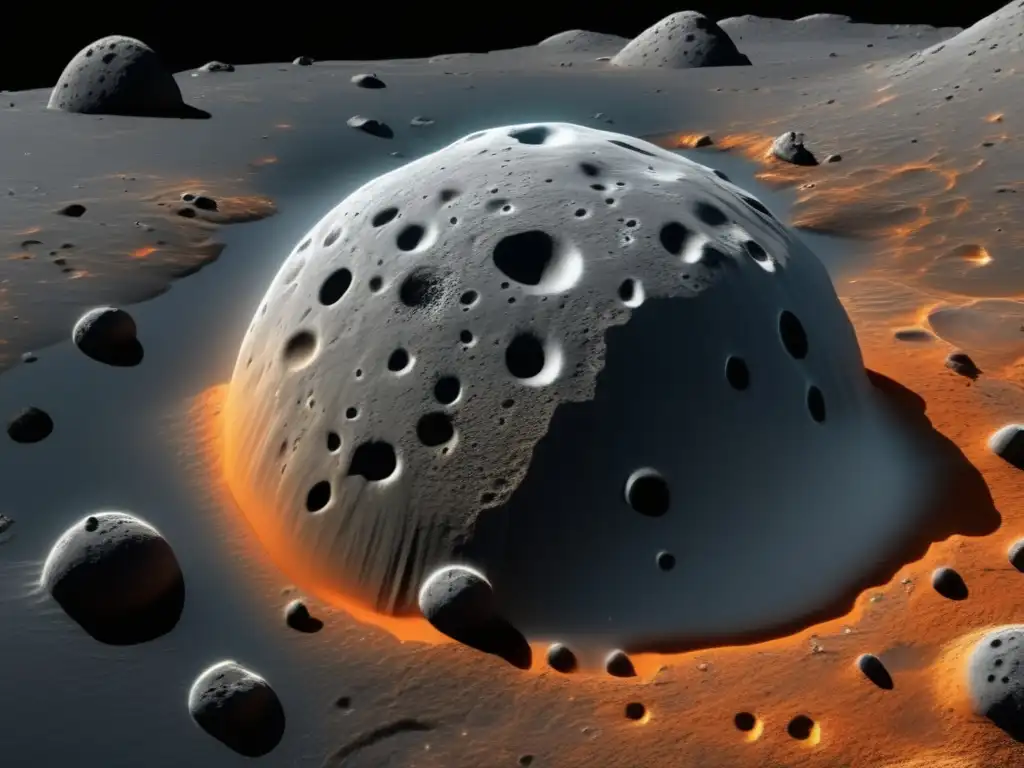
The Search for Extraterrestrial Intelligence
The discovery of microbial life on asteroids would have profound implications for our understanding of the universe and our place in it. It would provide evidence that life can exist beyond Earth and could potentially be found elsewhere in our solar system or in other star systems.
Moreover, the idea that life could exist on asteroids raises the possibility of extraterrestrial intelligence. If microbial life can survive and adapt to the harsh conditions of space, it is not inconceivable that more complex organisms could also thrive in these environments. This would open up entirely new avenues of inquiry for scientists studying astrobiology and the search for extraterrestrial intelligence.
The Ethics of Asteroid Mining
Another potential implication of the discovery of life on asteroids is the ethical considerations of asteroid mining. As we continue to explore space and seek out new resources, asteroids are seen as valuable sources of rare metals and minerals. However, if these celestial bodies turn out to be habitats for microbial life, it raises questions about the ethics of exploiting these resources.
There is a risk that asteroid mining could inadvertently destroy or contaminate these habitats, potentially causing irreparable damage to any microbial life that exists there. It will be important for policymakers and industry leaders to consider these ethical considerations when developing regulations and guidelines for asteroid mining.
Frequently Asked Questions
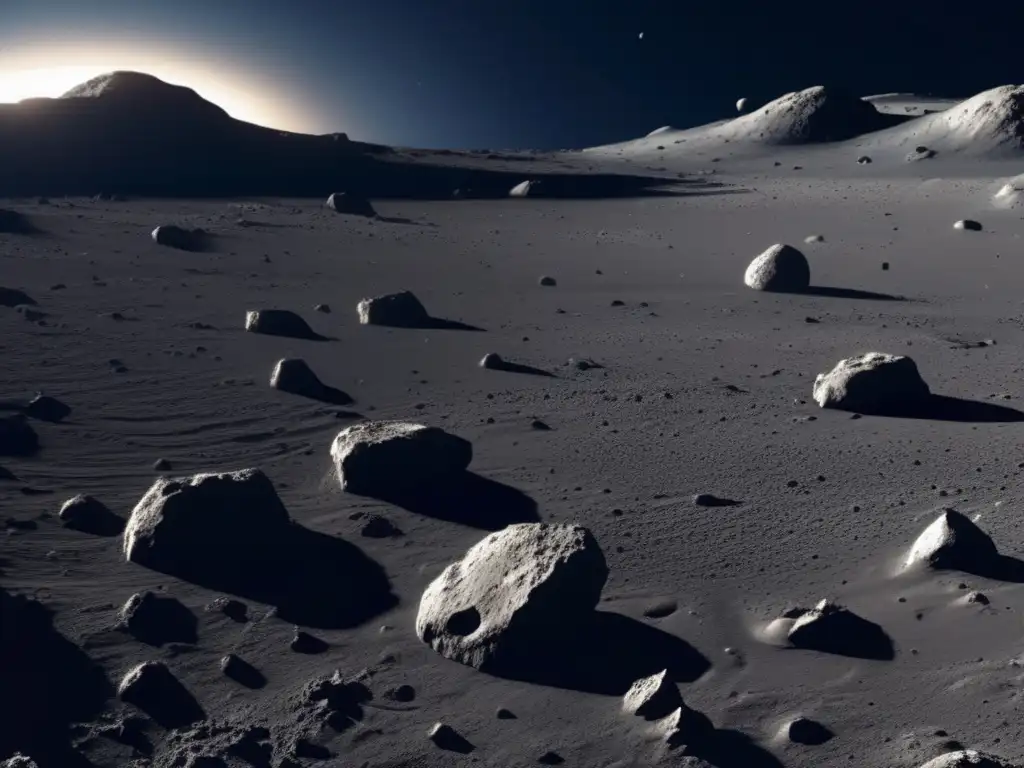
-
Is there evidence that life exists on asteroids?
Currently, there is no direct evidence of life on asteroids. However, there is growing evidence that microbial life could survive in the extreme conditions of space, and ongoing missions are investigating the habitability of asteroids for these microorganisms.
-
Why are asteroids considered potential habitats for microbial life?
Asteroids contain water, organic molecules, and other compounds that are essential for life. Additionally, asteroids may have internal heat sources that could create warm pockets, providing a more hospitable environment for microorganisms.
-
What is the RAMA mission?
The RAMA mission is a NASA Astrobiology Institute mission that aims to study the physical and chemical properties of asteroids and search for signs of microbial life. The mission will use robotic spacecraft to visit several near-Earth asteroids and return samples to Earth for analysis.
-
What are the potential implications of discovering life on asteroids?
The discovery of microbial life on asteroids would have profound implications for our understanding of the universe and the search for extraterrestrial intelligence. It would also raise ethical considerations for the exploitation of asteroid resources.
-
How can we ensure that asteroid mining is conducted ethically?
Policymakers and industry leaders must consider the potential impact of asteroid mining on any existing microbial life and develop regulations and guidelines to minimize harm to these habitats.
Conclusion
The possibility of life on asteroids represents an exciting and promising area of research in astrobiology. While there is still much we don't know about the habitability of these celestial bodies, ongoing missions like RAMA are providing valuable insights and raising important questions about the origins and nature of life in the universe.
As we continue to explore space and seek out new resources, it will be crucial to consider the ethical implications of our actions and to prioritize the preservation of any potentially existing microbial life. By doing so, we can ensure that our exploration and exploitation of space is done responsibly and sustainably for the benefit of all.
Additional Resources
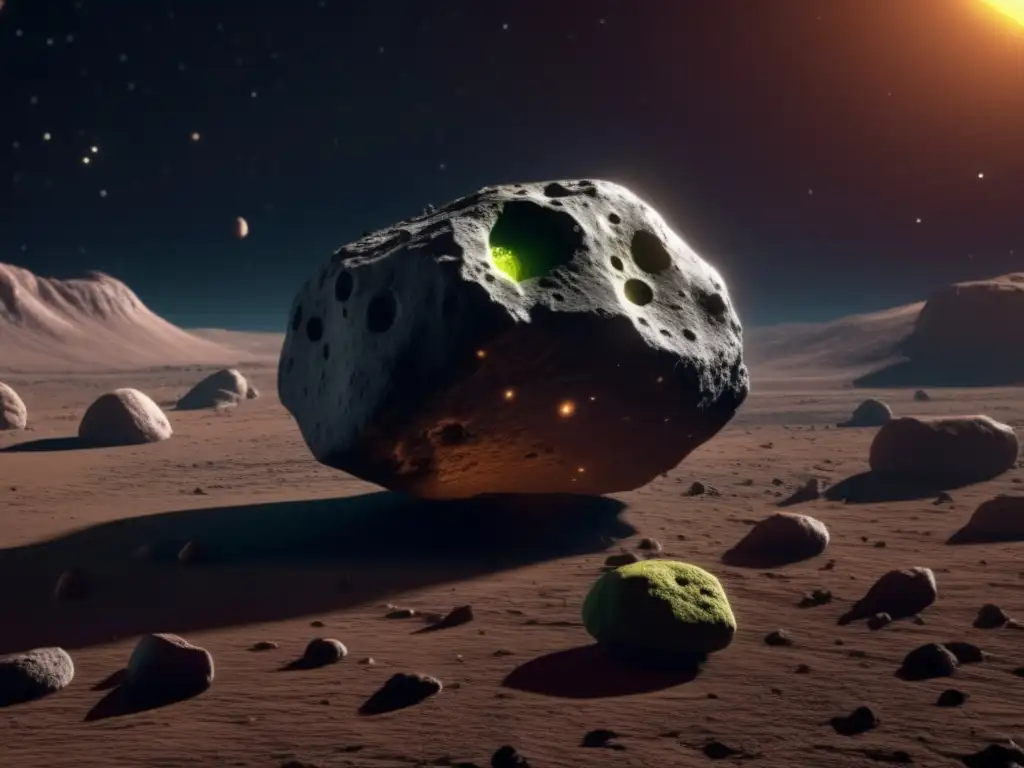
 Life's Space Odyssey: How Asteroids Could Carry Life Across The Universe
Life's Space Odyssey: How Asteroids Could Carry Life Across The Universe The Cosmic Voyage: Asteroids As Vehicles For Life
The Cosmic Voyage: Asteroids As Vehicles For Life Asteroids: The Life-Bearing Space Rocks
Asteroids: The Life-Bearing Space RocksIf you want to discover more articles similar to Life In The Void: Asteroids As Possible Hosts Of Microorganisms, you can visit the Asteroids and Extraterrestrial Life category.
Leave a Reply

Articulos relacionados: